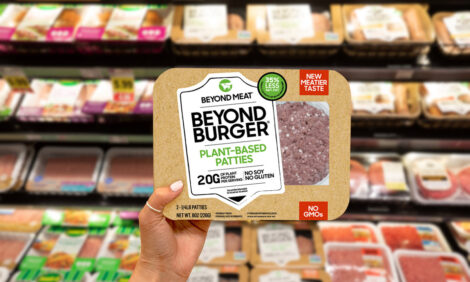



Japan braces for sharp rise in food prices
Food item price hikes set to quintuple in July, survey findsJapanese households will get no respite from rising living costs with a five-fold increase expected in the number of food items set to experience price rises in July, Reuters reported, citing a private think tank survey on Monday.
The finding highlights mounting inflationary pressure in Japan's once deflation-prone economy, which some policymakers view as an early sign of widespread, sustained price rises that may require raising interest rates further.
A survey conducted on 195 major food makers showed they expect to hike prices for 2,105 items in July - up fivefold from year-before levels - by an average 15%, Teikoku Databank said.
Aside from rising raw material prices and utility bills, companies cited increasing transportation and labour costs as reasons for the price hikes, the report released by Teikoku Databank showed.
"The momentum for food and beverage price hikes is stronger in 2025 than that of the previous year," the report said.
Prices were set to rise for a range of items including those made of rice, as well as chocolate, chewing gum, potato chips and pasta sauce.
Among companies that announced plans to hike prices from July 1, Ajinomoto AGF plans to raise prices for its coffee items by about 25-55%, and Meiji will increase prices for cheese and milk by up to 11%.
A renewed rise in crude oil prices due to the escalating conflict in the Middle East could spark a revival of the price hike rush Japan experienced in 2022, when prices increased for a total of 25,768 food and beverage items, Teikoku Databank said.
After raising its short-term policy rate to 0.5% in January, the BOJ has kept borrowing costs steady despite core consumer inflation hitting a more than two-year high of 3.7% in May, exceeding its 2% target for well over three years.
BOJ Governor Kazuo Ueda has stressed the need to move cautiously in raising rates until inflation is driven more by solid consumption and higher wages, rather than rising raw material costs.
But the central bank's argument that rising food and fuel costs are likely temporary, and not a justification for raising rates, is being tested by persistent rises in the cost of living that may affect public perceptions of future price moves, analysts say.
Agovernment survey on Monday showed 93.6% of consumers polled in May expect prices to rise a year from now, up from 93.2% in April, with 55.5% projecting inflation of 5% or higher.
The BOJ's quarterly "tankan" survey on companies, due on Tuesday, will highlight the challenge it faces in balancing mounting inflationary pressure, and risks to Japan's fragile economy from steep U.S. tariffs.
Analysts polled by Reuters expect an index measuring big manufacturers' business sentiment to worsen to +10 in the June survey from +12 in March.
The focus would be on whether companies will retain their solid capital expenditure plans despite uncertainty over U.S. trade policy. Big firms surveyed in the tankan are expected to increase capital expenditure by 10% in fiscal 2025 from year before levels, the Reuters poll showed.



